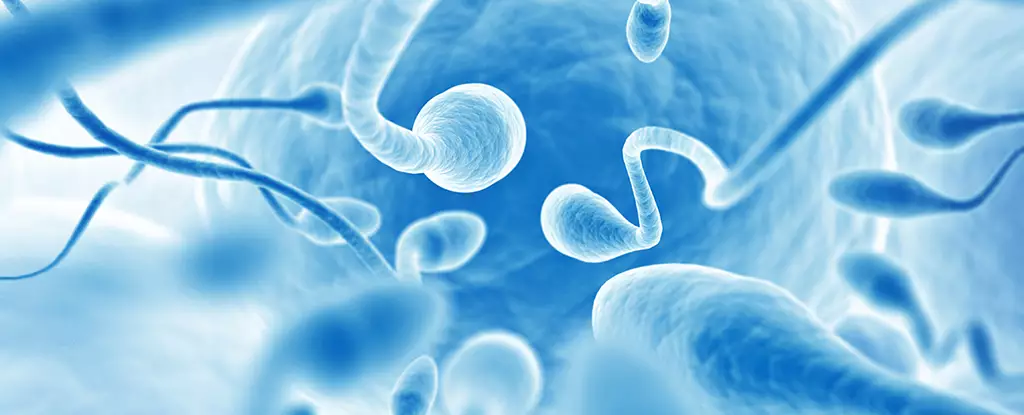As humanity aims to extend its reach beyond Earth, an emerging area of concern involves the biological processes crucial for survival: reproduction. A recent study conducted by a team from the Technical University of Catalonia and Dexeus University Hospital in Spain has highlighted a significant obstacle—microgravity adversely influences human sperm motility and vitality. This discovery is particularly relevant as we plan for potential habitation on other celestial bodies like the Moon and Mars. Understanding how reproductive processes are altered in microgravity is essential for the future of human life in outer space.
In the study, researchers conducted experiments with 15 human sperm samples, dividing each into two groups: one set remained on Earth while the other experienced microgravity conditions during parabolic flights. The results were striking. They indicated a reduction in both sperm motility—how actively sperm moves—and vitality, defined as the proportion of live sperm. Although microgravity did not result in the complete loss of sperm health, it notably hampered the essential characteristics needed for successful fertilization. The curvilinear velocity, which measures how quickly sperm advances toward an ovum, was particularly compromised, raising alarm about the feasibility of conception in space.
Despite these challenges, the study revealed that certain sperm health indicators—such as DNA integrity, sperm morphology, oxidative stress levels, and rates of programmed cell death—remained largely unaffected. This intriguing aspect suggests that while motility and vitality are critical, they are not the sole determinants of reproductive success.
The underlying reasons for the negative effects observed in sperm health in microgravity remain unclear. Researchers suspect that shifts in the chemical processes essential for maintaining sperm function may be at play. This uncertainty underscores the need for further investigations into how microgravity alters cellular behavior and biological functions on a microscopic level. The findings have raised essential questions that humanity must address if it is serious about establishing sustained human presence in space.
With the prospect of setting up bases on the Moon or Mars, questions concerning reproductive methods, particularly assisted reproductive technologies like in vitro fertilization (IVF), become pressing. The ability to conceive and maintain healthy pregnancies in microgravity could be a fundamental requirement for sustaining long-term human settlements. Despite historical reluctance to prioritize reproduction in astronaut training and missions, the need to understand these biological imperatives is becoming increasingly urgent.
The research highlights a gap in our understanding: while animal studies indicate that reproduction in microgravity may face hurdles, human studies are still in their infancy. With plans for extended space missions and an increasing interest in public space travel, it is imperative that scientists broaden their focus to understand human conception and reproductive health in microgravity environments.
As significant advancements in space exploration continue, humanity must grapple with the biological constraints that accompany such endeavors. Efficient human reproduction is not just a matter of species survival; it has far-reaching implications for the social and psychological dimensions of human life away from Earth. Successful management of reproduction and family dynamics will arise as crucial components of extraterrestrial living.
While the study conducted by researchers from Spain has illuminated some of the challenges that microgravity poses to human sperm function, it also opens the door to critical discussions about human reproduction in space. With further research on the horizon, the scientific community must take proactive measures to explore these challenges. Only through this comprehensive understanding can we pave the way for a future where humanity can truly inhabit the cosmos.


Leave a Reply